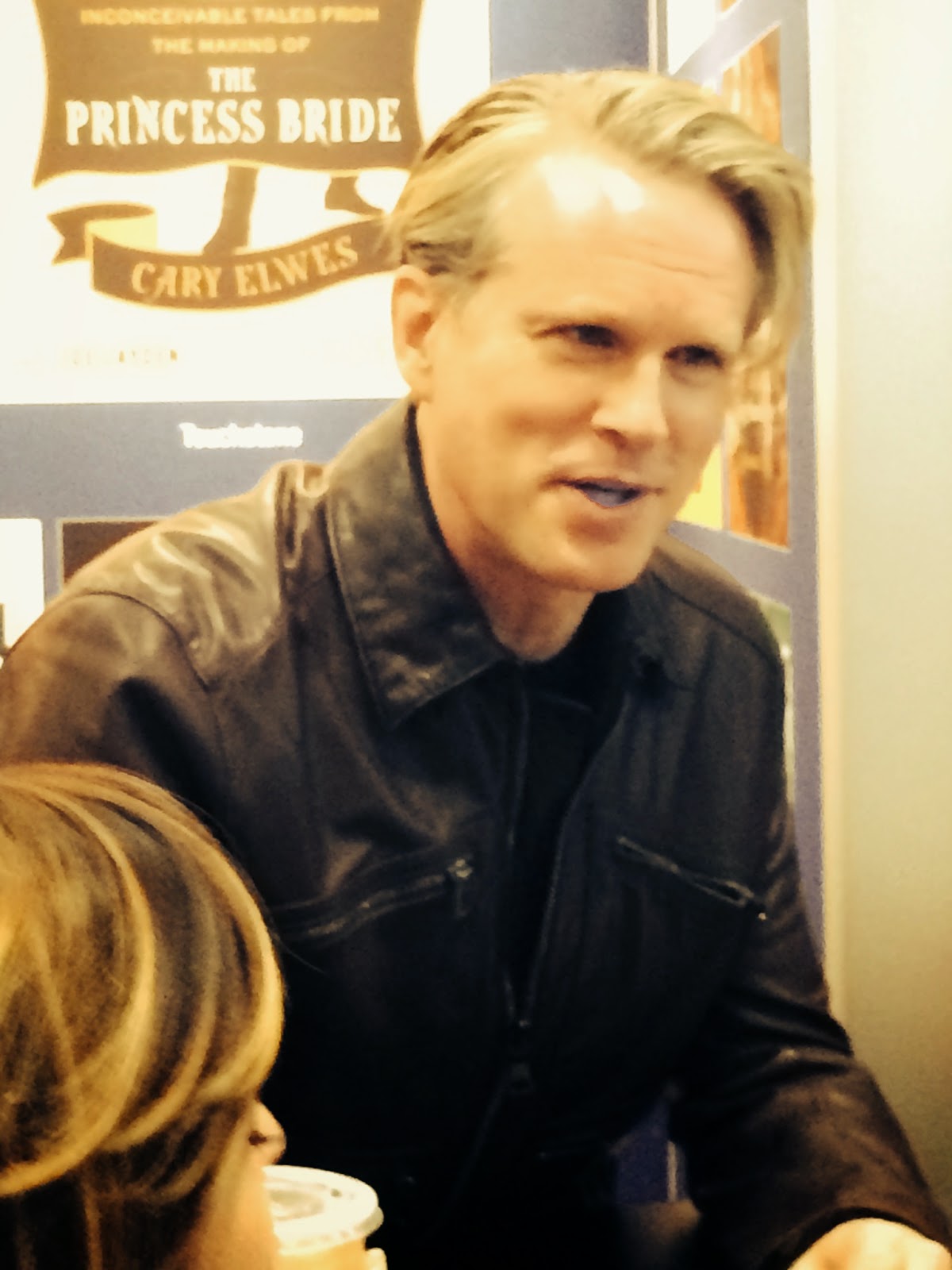Today was a great day to ease my MFA program for our first
day of classes. We had a discussion
about Kafka’s The Castle. It was our
book-in-common for the whole group (we are divided into genres based on our
focus area but today we were all together.)
It was really interesting to hear so many people share amazing insights
into what they had gleaned from reading the book. It was also great to hear how many of them
struggled to make it through the thing as well.
When they started discussing existentialism in the book, I had to try to
reach back to Philosophy 101 to make the connections. Good mind-stretching!
The other cool thing we did today was to hear each of the
faculty for the summer residency read part of their own work. Wow!
What a talented group of people!
The person for my focus area read a couple of her upcoming picture books
(one is scheduled to be published in 2017…such a long time away!) and they were
so cute. I can’t wait to buy them down
the road.
There are places for students to sign up to do 5-minute
readings of their own works-in-progress. The workshop leader for my genre was
encouraging several of us newbies to the program to put our names down when the
1st years get the opportunity to sign up tomorrow. She said it would be good practice since she
often has to do readings for school groups, etc, and it is wise to start
getting experience with doing it. I
see her point. Not sure if I’ll do it
though. I timed a portion tonight that
might be interesting to read then remembered that I am horrible at doing
different accents and one of the characters needs to have a British-sounding
one.
So, don’t be a chicken like me. Read your work out loud to others! :)

